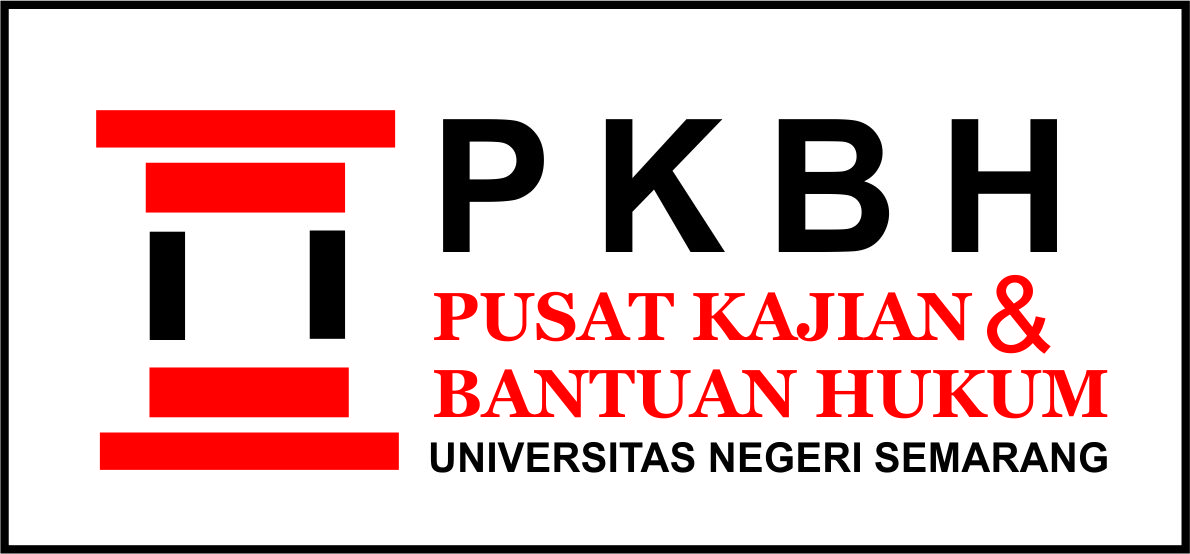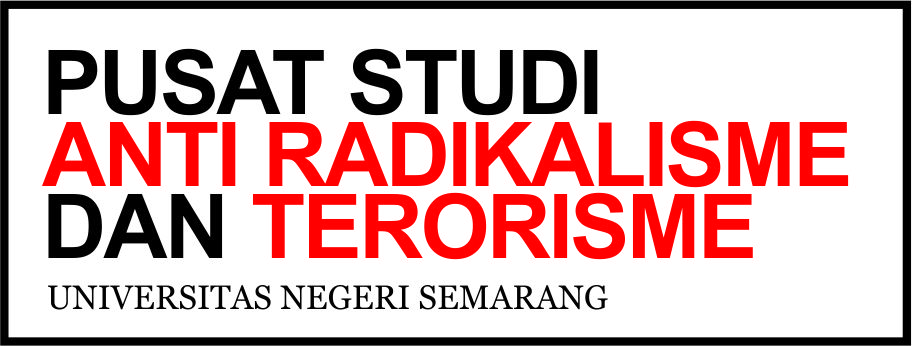STUDY OF PENAL AND NON-PENAL APPROACH ON PREVENTION OF CORRUPTION IN INDONESIA
Abstract
Criminal policy can be interpreted in the narrow sense that criminal politics is described as a whole principle and method, which is the basis of the reaction to violations of laws in the form of criminal. And in a broad sense this is the overall function of law enforcement officials, including the workings of the court and the police. While in the broadest sense it constitutes the whole policy, which is carried out through legislation and official bodies that aim to uphold the central norms of society. Factors Underlying the Occurrence of Corruption Crime: a) Lack of salary for Civil Servants compared to needs that are increasingly increasing. b) Background of Indonesian culture or culture which is the source or cause of widespread corruption. c) Poor management and less effective and efficient controls that will provide opportunities for people to corruption. d) Modernization breeds corruption. Briefly the causes of corruption include 5 (five) aspects, namely: a) Individual Aspects of Actors, b) Aspects of Organizations / institutions, c) Aspects of society, d) Aspects of law enforcement and legislation, and e) Political Aspects. Efforts to prevent corruption through legal policies with means of reasoning and non-reasoning. Penal facilities include, a) Criminal Law Book (wetboek van Strafrecht) January 1, 1918; b) WvS in the 1915 Staatblaad Number 752 dated 15 October 1915; c) Law number 74 of 1957 in conjunction with Law Number 79 of 1957, d) Provisional Constitution of 1950, e) Government Regulation in lieu of law Number 24 of 1960 concerning Investigation, Prosecution and Corruption Criminal Investigation, f) Law number 1 of 1960, g) Law Number 24 Prp of 1960 concerning Investigation, Prosecution and Corruption Criminal Investigation, h) Law Number 3 of 1971 concerning Eradication of Corruption Crime; i) MPR XI / MPR / 1998 Tap concerning the implementation of a clean and free country of corruption, collusion and nepotism; j) Law number 28 of 1999 concerning State settlements which are clean and free of KKN which includes provisions on criminalization of collusion and nepotism offenses, k) Law number 31 of 1999 concerning the eradication of criminal acts of corruption, l) Law number 20 of 2001 concerning amendments to Law Number 31 of 1999 concerning the Eradication of Corruption Crimes that took effect from 21 November 2001, m) Law Number 30 of 2002 concerning the Corruption Eradication Commission. Efforts to deal with non-criminal crimes can be in the form of: a) Non-criminal prevention (Prevention without punishment), b) Influencing the public's view of crime and punishment through mass media (influencing views of society on crime and punishment mass media).
Keywords: corruption, reason, nonpenal
Full Text:
PDFReferences
Buku
Achmad Ali. 1998. Menjelajahi Kajian Empiris Terhadap Hukum. Jakarta: PT. Yarsif Watampone.
Andi Hamzah. 1991. Perkembangan Hukum Pidana Khusus. Jakarta: Rineka Cipta.
. 2005. Pemberantasan Korupsi melalui Hukum Pidana Nasional dan Internasional. Jakarta :Raja Grafindo Persada.
Barda Nawawi Arief.1998. Beberapa Aspek Kebijakan Penegakan dan Pengembangan Hukum Pidana. Bandung: PT. Citra Aditya Bakti.
. 2010. Kapita Selekta Hukum Pidana. Bandung :PT. Citra Aditya Bakti.
Edy Yunara. 2005. Korupsi Dan Pertanggung Jawaban Pidana Korupsi Berikut Studi Kasus. Bandung: PT Citra Adhitya Bakti.
Ermansjah Djaja. 2008. Memberantas Korupsi Bersama KPK. Jakarta: Sinar Grafika.
Evi Hartanti. 2005. Tindak Pidana Korupsi. Jakarta: Sinar Grafika.
H Jawade Hafidz Arsyad. 2013. Korupsi Dalam Perspektif HAN. Jakarta :Sinar Grafika.
Laica Marzuki. 2006.Berjalan-jalan di Ranah Hukum, Pikiran-pikiran Lepas. Jakarta: Sekretariat Jenderal dan Kepaniteraan Mahkamah Konstitusi RI.
Muladi.1995. Kapita Selekta Sistem Peradilan Pidana. Semarang: Badan Penerbit Universitas Diponegoro.
Muladi dan Barda Nawawi Arief, 1984, Teori-Teori dan Kebijakan Pidana. Bandung :Alumni.
Munir Fuady. 2004. Bisnis Kotor, Anatomi Kejahatan Kerah putih. Bandung:Citra Aditya Bakti.
Sudarto. 1981.Hukum dan Hukum Pidana. Bandung: Alumni.
Surachmin dan Suhandi. 2011.Cahaya strategi dan tehnik korupsi â€mengetahui untuk mencegahâ€. Jakarta: Sinar Grafika.
Zudan arif Fakrulloh. 2009. Ilmu Lembaga dan Pranata Hukum (sebuah pencarian). Jakarta: PT Raja Grafindo Persada.
Website
http://hasbagiilmu.blogspot.co.id/2015/08/faktor-penyebab-korupsi.html
Jurnal
Erdianto, 2014. Meninjau Kembali Kebijakan Pemidanaan Pelaku Tindak Pidana Korupsi, Jurnal Ilmu Hukum.
Indung Wijayanto,2008, Kebijakan non penal dalam penanggulangan tindak pidana korupsi (study kasus di Kota Semarang). Universitas Diponegoro Semarang.
Sinaga, Japansen, November 2015, Law Enforcement Policy in Corruption Based on Approach Non Penal, The International Journal Of Humanities & Social Studies (ISSN 2321 – 9203).
Refbacks
- There are currently no refbacks.










